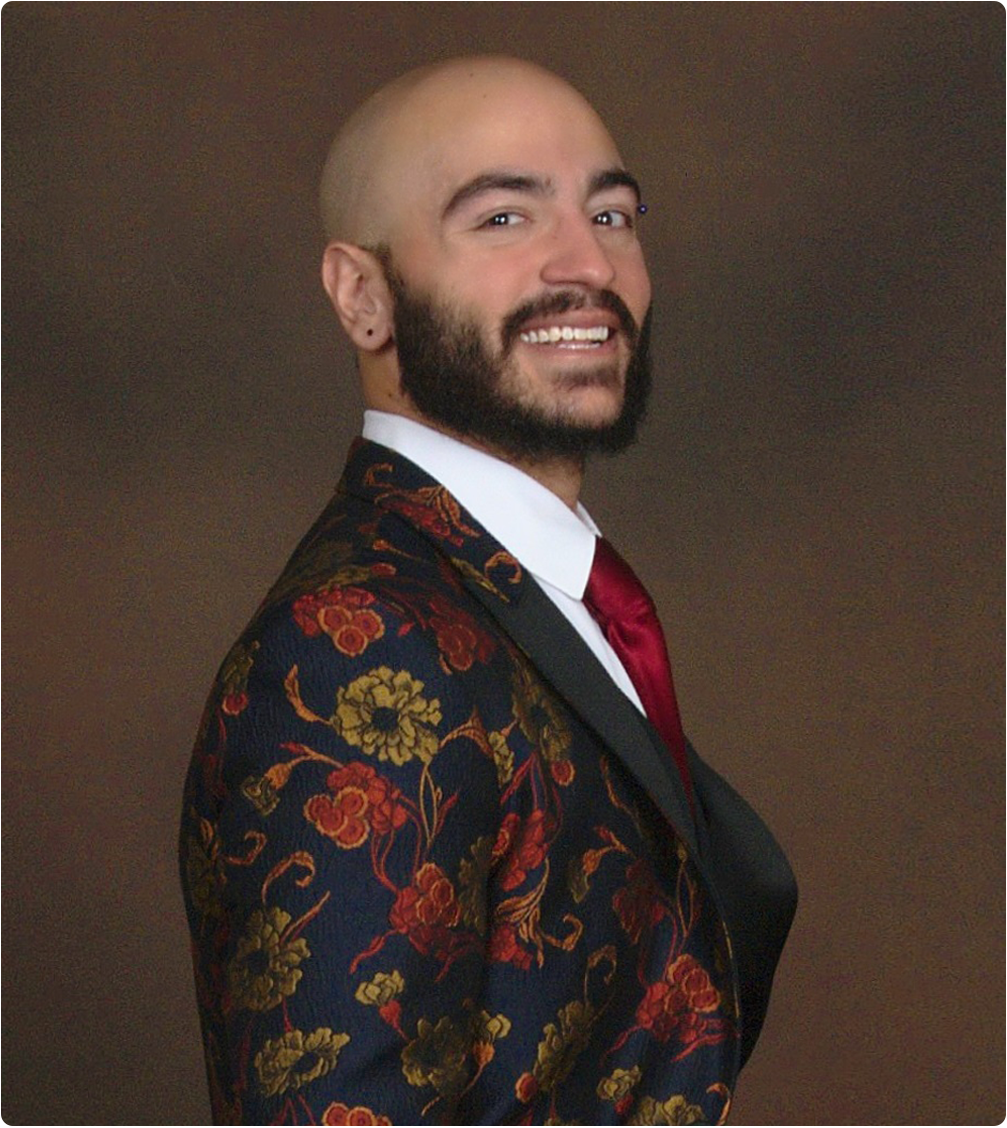

How to Prepare a CV for Graduate School Applications
Learning Objectives
Upon completion of this comprehensive and engaging course, you will be able to:
- Discuss key differences between a curriculum vitae (CV) and a resume
- Identify the 8-part structure of a CV specifically designed for graduate school applications
- Use a pre-structured and pre-formatted template to prepare the perfect CV
- Identify 5 key components to include to demonstrate your educational background
- Describe the 6 main types of awards and honors you should include
- List 28 action verbs you should use when discussing your research and practical experiences
- Successfully assess what should vs. should not be included as publications (incl. how to handle “under review” or “in press” manuscripts)
- Select which national, niche, and diversity membership organizations to join
- Avoid the 6 most common mistakes made when preparing a CV for graduate school applications
- Identify the 7 unnecessary sections most applicants include in their CV
Instructor

Jay Phoenix Singh, PhD, PhD is a Fulbright Scholar and the internationally award-winning Executive Director of Publication Academy. Author of over 90 peer-reviewed articles and book chapters (average 400+ citations/year since 2010) as well as 4 books (published by Routledge, Wiley, Sage, and Oxford University Press), he completed his graduate doctoral studies in psychiatry at the University of Oxford and clinical psychology at Universität Konstanz. He was named the youngest tenured Full Professor in Norway in 2014 before accepting faculty appointments at the University of Cambridge as well as the University of Pennsylvania. Since this time, he has become the only psychology professor to have lectured for all eight Ivy League universities (Harvard, Yale, Princeton, Columbia, Cornell, Brown, Dartmouth, UPenn) as well as both Oxford and Cambridge. Dr. Singh has provided keynote speeches at leading academic conferences on six continents, and his work has been featured in leading newspapers such as The Washington Post and magazines such as People. He has been the recipient of awards from organizations including the American Psychological Association, the Royal College of Psychiatrists, the Society for Research in Child Development, the Society for Research in Adolescence, the American Board of Forensic Psychology, the American Psychology-Law Society, and the European Congress on Violence in Clinical Psychiatry.

